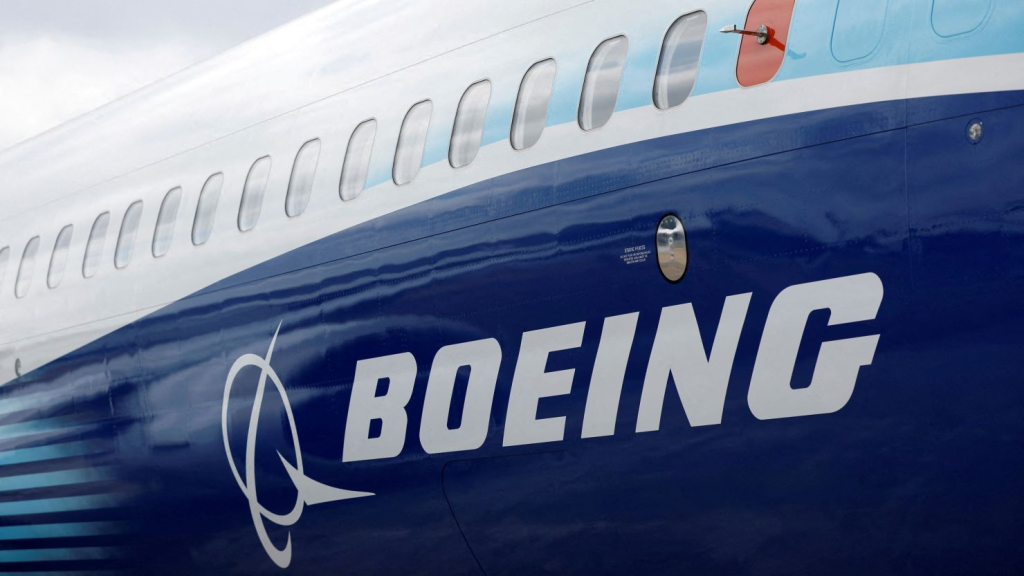Boeing’s already sluggish aircraft delivery schedule has now screeched to a near halt. Bank of America analysts say the battered aircraft manufacturer is experiencing sharper delivery delays as a result of an ongoing strike against the company.
Citing data from aircraft data analyst Aero Analysis Partners, BofA analyst Ronald Epstein and colleagues said in a Sunday note that only one 737 jet and one 787 jet have been delivered as of mid-October. One other 737 has completed a customer acceptance flight, a test flight used to evaluate the function of the plane before it is delivered. No aircrafts expected to be delivered to Chinese airlines—where Boeing is expected to deliver 8,500 new planes over the next 20 years—have completed a customer acceptance flight this month.
BofA expects Boeing deliveries to hover in the single-digits this month and maintains a neutral rating of the airline.
The delivery standstill is a symptom of the ongoing strike of 33,000 workers that began on Sept. 13, with workers demanding a 40% wage increase over four years and that the company manufactures its yet-to-be-announced new commercial aircraft at its unionized Washington factory. The fallout from the monthslong strike has accounted for an estimated $1 billion reduction in the U.S. GDP and has forced Boeing to consider selling up to $15 billion of new stock to account for the losses.
The strike has been troubling for Boeing’s aircraft delivery schedule in particular, which has already been impaired for years due to pandemic-era supply-chain hiccups and labor shortages. Boeing confirmed to Fortune last month it halted aircraft production of the 737 MAX, 767, 777/777X, P-8, KC-46A Tanker, and E-7 Wedgetail at its unionized Washington plant.
“Work at our Fabrication sites in Washington and Oregon will also temporarily pause,” a Boeing spokesperson said. “Employees not represented by this union will continue to report to work as normal.”
Boeing’s ‘doom loop’
Prior to the strike, Boeing was already reeling after a door plug blew off a 737 MAX in January that led to a scathing probe from the Federal Aviation Administration, which found systemic lapses in manufacturing procedures. Former CEO Dave Calhoun left the company in July, opening the door to new boss Kelly Ortberg, the former chief of aerospace giant Rockwell Collins, who emerged from retirement to lead the aircraft manufacturer.
Since his arrival, Ortberg has taken aggressive action to stop the bleeding at Boeing, including removing the head of its troubled defense and space division. His last-ditch effort to avoid a strike ultimately backfired, and the company announced last week it would slash 10% of its workforce, or about 17,000 employees.



